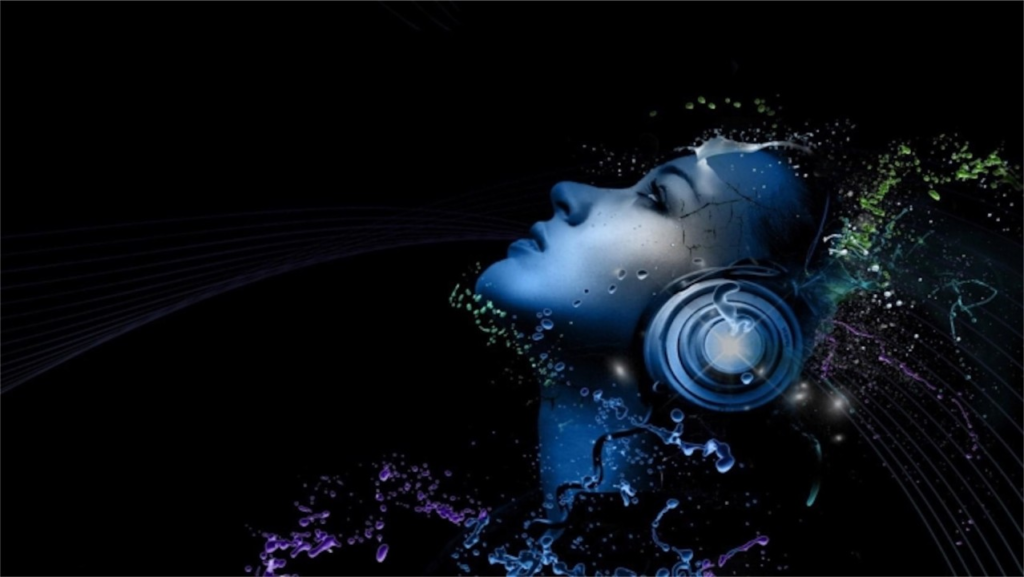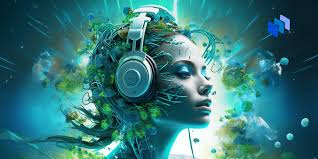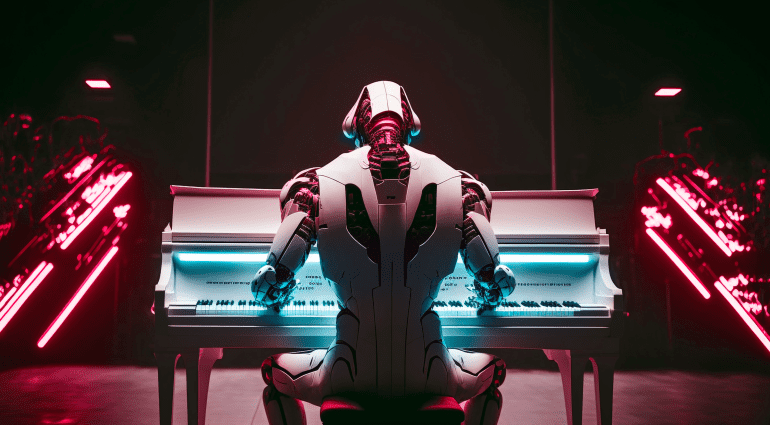Welcome to the intriguing world where artificial intelligence and music intertwine, revolutionizing the very essence of how we experience and create melodies. From personalized playlists to AI-generated compositions, the music industry is undergoing a profound transformation propelled by innovative technologies. Join us on a melodious journey as we explore how AI is reshaping the music industry and landscape of music creation and consumption.

Current Trends in AI and Music
The integration of artificial intelligence in the music industry is rapidly reshaping how music is created, produced, and consumed. One prominent trend is the use of AI algorithms to curate personalized music recommendations for listeners based on their preferences and listening habits. This has revolutionized the way people discover new music tailored to their tastes.
Another emerging trend is the rise of virtual artists driven by AI-generated music. These virtual musicians are gaining popularity globally, blurring the lines between human creativity and machine-generated artistry. The ability of AI to compose original pieces that resonate with audiences showcases its potential as a powerful tool in music production.
Moreover, advancements in AI technology have raised concerns about copyright issues surrounding AI-generated music. As machines become more proficient at creating original compositions, questions arise regarding ownership rights and intellectual property protection within the industry.
Personalized Music Recommendations and Discovery
Personalized music recommendations and discovery have revolutionized the way we interact with music in today’s digital age. Thanks to AI technology, streaming platforms can analyze our listening habits and preferences to curate custom playlists tailored to our unique tastes.
Imagine effortlessly discovering new artists and songs that resonate with you on a personal level, all thanks to algorithms that understand your musical palette better than you do yourself. This level of customization not only enhances the user experience but also broadens our musical horizons by introducing us to hidden gems we might never have stumbled upon otherwise.

AI-driven recommendation systems continuously learn from our feedback, refining their suggestions over time to provide an increasingly accurate reflection of what we enjoy. By harnessing the power of data analytics and machine learning, these platforms empower us as listeners, granting us access to a vast universe of music waiting to be explored at just the tap of a screen.
AI-Generated Music: The Rise of Virtual Artists
Imagine a world where music is created not by human artists but by artificial intelligence. This futuristic concept has become a reality with the rise of AI-generated music and virtual artists. These digital musicians are revolutionizing the music industry, pushing boundaries and challenging traditional notions of creativity.
AI composers can analyze vast amounts of data to create unique melodies, harmonies, and rhythms that captivate listeners. The ability of AI to generate endless musical possibilities opens up new avenues for innovation and experimentation in sound creation.
Virtual artists like Miquela and K/DA have gained popularity, blurring the lines between fiction and reality. Their electrifying performances showcase how AI can be integrated into live shows, captivating audiences with cutting-edge visuals and sounds.
As technology continues to advance, we can expect more AI-generated music to permeate the mainstream music industry , shaping the future landscape of the industry.
Copyright and Legal Issues Surrounding AI-Generated Music
The rise of AI in the music industry for creation has sparked discussions about copyright and legal concerns. With AI generating music, questions arise about who owns the rights to these creations. Traditional copyright laws may not be equipped to handle the complexities of AI-generated content.
Legal experts are navigating uncharted territory, exploring how to attribute ownership when algorithms produce music independently. Issues such as authorship, royalties, and intellectual property rights become blurred in this new landscape.
As AI technology advances, the need for clear regulations becomes more pressing. Debates around protecting artists’ rights while fostering innovation are at the forefront of industry conversations. Balancing artistic freedom with legal protection is a delicate dance that requires collaboration between creators, tech developers, and lawmakers.
The future holds challenges in establishing frameworks that accommodate both human and machine contributions in music industry for production. As we continue down this path of AI integration in the music industry, finding fair solutions to these legal dilemmas will be crucial for ensuring a harmonious ecosystem for all stakeholders involved.
Future Prospects and Impact on Musicians and Consumers
The future of the music industry with AI is promising for both musicians and consumers. Musicians can leverage AI tools to enhance their creativity, streamline production processes, and reach a wider audience. With AI composers assisting in creating unique melodies and harmonies, artists can explore new musical horizons.

Consumers benefit from personalized music recommendations tailored to their preferences through algorithms that analyze listening habits. This leads to a more immersive music experience and discovery of niche artists they may not have found otherwise. Virtual artists created by AI are captivating audiences with innovative sounds and performances that push boundaries in the industry.
AI’s impact on copyright laws remains a key discussion point as regulations struggle to keep up with evolving technology. Despite challenges, the fusion of AI and music opens doors for collaboration between man and machine, sparking creativity across all levels of the industry.
Conclusion
Innovations in AI are revolutionizing the music industry, paving the way for personalized recommendations, virtual artists, and new avenues for creativity. The future of music with AI is bright, offering endless possibilities for both musicians and consumers. As technology continues to evolve, we can expect further advancements in AI composers and music production tools. The marriage of artificial intelligence and music promises a dynamic landscape that will shape the industry for years to come. Embracing these changes will undoubtedly lead to a more innovative and immersive musical experience for all stakeholders involved in the ever-evolving world of music.
Know more here!
For more such content, stay tuned to QAWire
